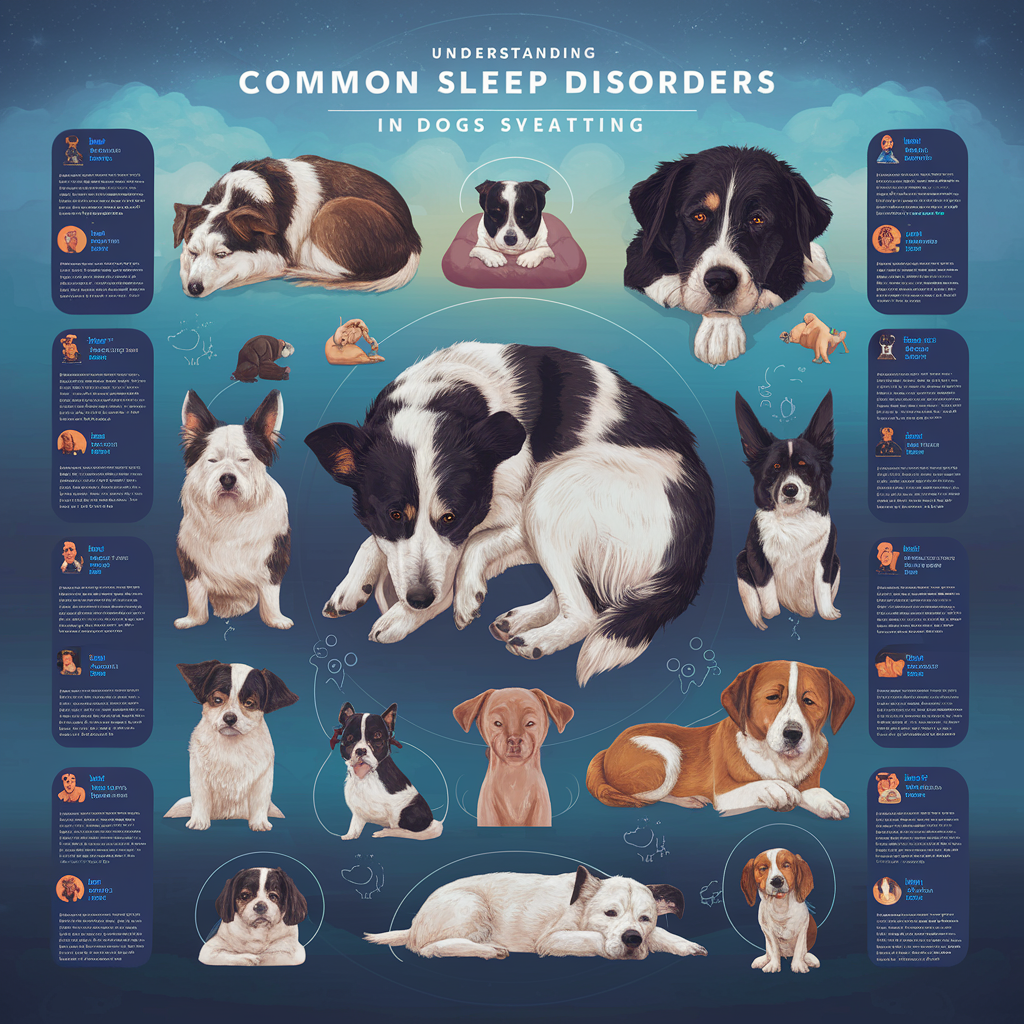Unlocking the Mysteries of Canine Sleep: Common Sleep Disorders in Dogs

Just like humans, dogs can experience sleep disorders that affect their quality of rest. Recognizing these disorders is crucial for ensuring your furry friend gets the rest they need. Here are some common sleep disorders in dogs and what you can do about them.
1. Insomnia
Insomnia in dogs is characterized by difficulty falling asleep or staying asleep. It can be caused by stress, anxiety, or underlying health issues. Providing a comfortable and quiet sleeping environment can help alleviate insomnia in dogs.
2. Sleep Apnea
Sleep apnea is a condition where a dog’s breathing is interrupted during sleep. It can lead to poor-quality sleep and other health issues. Weight management, avoiding allergens, and using a specialized bed can help manage sleep apnea in dogs.
3. Restless Leg Syndrome
Restless leg syndrome in dogs causes an uncontrollable urge to move their legs while sleeping. This can disrupt their sleep and lead to daytime sleepiness. Regular exercise and massage therapy can help alleviate restless leg syndrome in dogs.
4. Narcolepsy
Narcolepsy is a rare condition in dogs characterized by sudden and uncontrollable episodes of sleep. It can be triggered by excitement or stress. While there is no cure for narcolepsy, medication and lifestyle changes can help manage the condition.
5. Parasomnia
Parasomnia refers to abnormal behaviors that occur during sleep, such as sleepwalking or night terrors. These behaviors can disrupt your dog’s sleep and may indicate underlying health issues. Consult your vet for proper diagnosis and treatment.
6. Bruxism
Bruxism is the grinding or clenching of teeth during sleep. It can be caused by stress, dental issues, or misalignment of the teeth. Providing your dog with dental treats or toys can help alleviate bruxism.
Conclusion
Understanding common sleep disorders in dogs is essential for ensuring your pet gets the rest they need to stay healthy and happy. By recognizing the signs of these disorders and taking appropriate measures, you can help your furry friend get the quality sleep they deserve.



